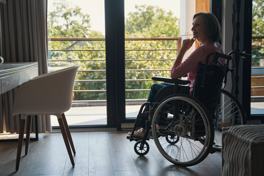
Simpson Millar secures £10m compensation for woman significantly injured in road crash
Simpson Millar secured over £10m for a woman in her 30s struck by a speeding minibus, resulting in severe injuries and brain damage. Despite initial disputes of liability, the court held the driver fully responsible, awarding compensation for lost earnings, ongoing care, and special needs. The firm emphasised the life-altering impact of her injuries and welcomed the court's decision, which also included a ruling for the defendant to cover legal costs and additional expenses due to delayed settlement.




















